Only a few can remember the historical endeavours made by the United Kingdom to become part of the European Union (EU).
In the construction of an integration process, there is a constant struggle between holding power or leaving it. Consequently, states are important and powerful actors when starting a negotiation, but as the process evolves, regional institution and transnational actors start playing an essential role.
The guarantee of Peace has always been a fundamental premise under which the EU has performed in order to achieve a harmonic coexistence in the continent.
For Italian leader Altiero Spinelli ( 1907 – 1986), one of the most known forefathers of the Union, the European Federation is the key which guarantees integration. The view of a “United States of Europe” finds its raison d'être in the writing of the Ventotene Declaration (1941), a text which was written during the second world war at the Isle of Ventotene, where he was imprisoned together with Ernesto Rossi, due to their opposition to Italian fascism. The text proposes the formation of a supranational European Federation, whose main purpose would be to join the European States to the point of preventing a new war.
The conflicting scenario was given by the crisis of the German-French relations regarding the region of Sarre where the French feared a strong German economic recovery of the Ruhr and an eventual German rearming supported by the Americans. Monet and Schuman would be the ones in charge of proposing the creation of a high Authority for iron, steel and coal as a political instrument for the French-German reconciliation and consequently for European unification.
On April 18th, 1951, “the Six” states which would be the founding members – Germany, Belgium, France, Italy, Luxembourg and the Netherlands – entered in Paris the Treaty establishing the European Coal and Steel Community (ECSC) to manage their heavy industry – coal and steel - in a common way, thus preventing each of them from individually fabricating warfare items that could be used against each other.
The Schuman plan shows a series of community principles which constitute the basis of the current regulation framework: the superiority of Institutions, the independence of community organs and interinstitutional cooperation. Its originality lies in a combination between supranationalism and intergovernmental philosophy. The member states accepted the progressive loss of sovereignty in some sectors of the economy in benefit of the community without waiving, however, to the decision-taking powers which are exercised in the last stage of the usual proceedings.
In 1957, “The Six” entered into two treaties in Rome which gave birth to the European Economic Community (EEC) and the Atomic Energy Community (EURATOM). However the political purpose was centered in the Progressive integration between different member countries, in practice, a customs union was the result of such endeavours.
The British problem during the expansion of the EEC in 1973
Historically, the British refused to be part of the community. The reasons included, inter alia, the strong commercial and political rapport with its colonies and former colonies, which were grouped mostly in the Commonwealth. On the other hand, the idea of being part of a customs union was not considered feasible. London defended the idea of a free trade area wherein the internal customs rights were suppressed and wherein each country could have the freedom to make their own choices regarding third countries.
To transfer sovereignty implies a notion of unease which is not readily accepted by many. The uneasiness for Britain to become part of a project which would benefit the creation of supranational European institutions, “against” National States, froze any hypothetical universe of probabilities.
The spectacular economic growth of the EEC in the 60s led the United Kingdom to reconsider and to decide to apply for its membership. Charles de Gaulle would be the leader of the total blocking for the sea power to become part of the community arguing that “the Europe of Nations” was to be independent from any superpower which was party to the Cold War. Their second attempt in 1967 under the Labour government of Harold Wilson was also banned by the French General. Only in 1969, as of De Gaulle’s resignation – due to the political tensions of May of 68 in France - the probability of a British membership was considered. In 1973, three new countries were part of the EEC: the United Kingdom, Denmark and Ireland. The “Europe of the 9” gave another step in the constant and dynamical process of extension which today has 28 member countries after the addition of Croatia, on July 1st, 2013.
Today, after 43 years of being a member of the community, the United Kingdom has failed to realize what the BREXIT means for the EU and even for the English people themselves. An exacerbation of nationalisms which has been enhanced by the migration crisis, a knock-on effect for other countries which consider that a government under the Community regulation framework is not necessary, a collapse of the institutional framework, the return of the “self-help”, the end of the community solidarity, the confrontation between countries, the serious economic crisis – recession and uncertainty.
Nationalisms are the real enemies of the whole integration project. Europe can only be saved with more Europe. The great difficulties which seem to undermine and challenge the EU, can only be overcome in the light of the world view which was forwarded by the founding fathers. The priority of the European Federalist movement is not the banks or the currency, but rather to promote peace through the gradual political and social integration.
The challenges of the Union are political; they are solved by overcoming state nationalisms.
(*) Translated by WordCheck Traductores

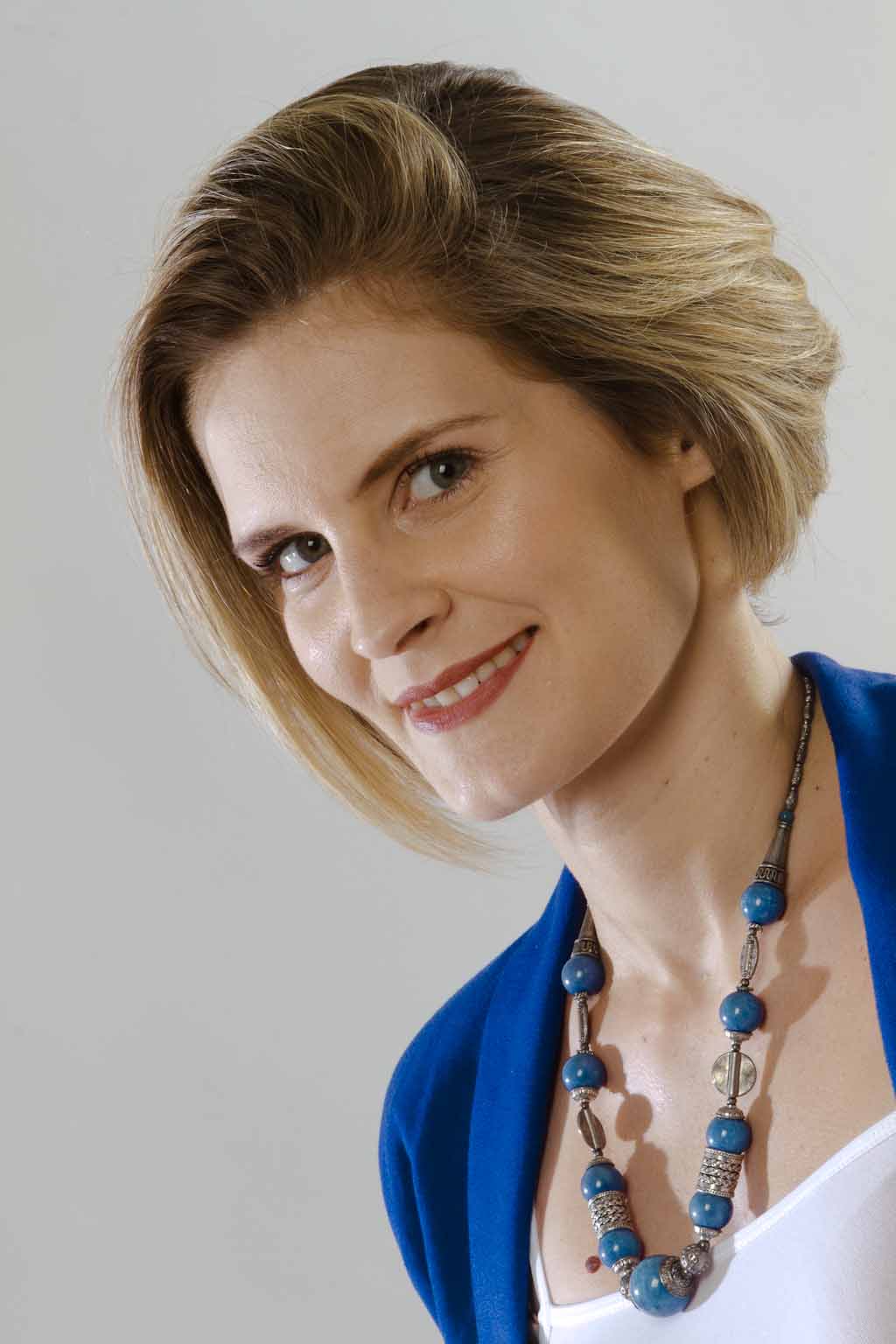






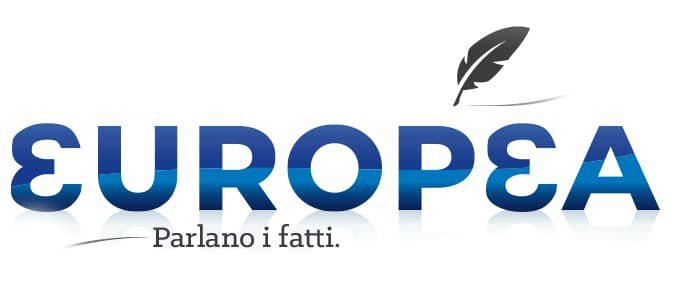
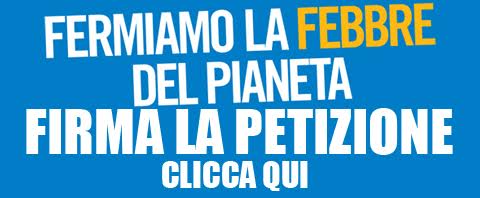



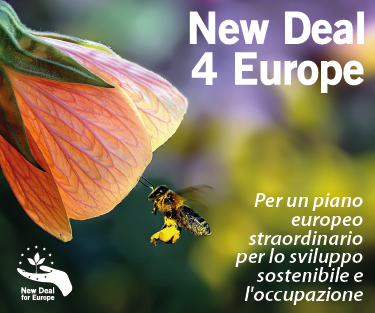
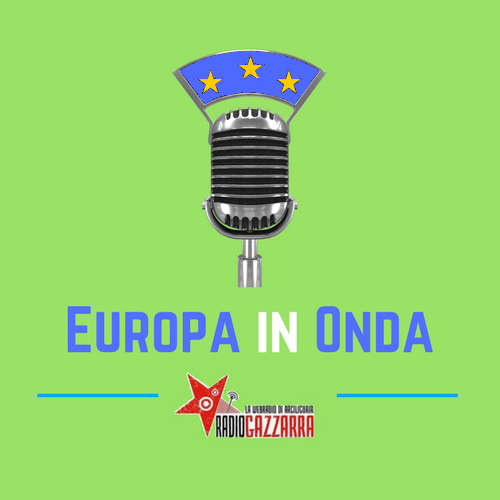
 Europa in Movimento | Developed by
Europa in Movimento | Developed by